[Joint CQSE & NCTS Special Seminar] Disorder and Decoherence: Obstacles or Opportunities for Collective Excitations?
Title: [Joint CQSE & NCTS Special Seminar] Disorder and Decoherence: Obstacles or Opportunities for Collective Excitations?
Speaker: Prof. Hsing-Ta "Theta" Chen (University of Notre Dame)
Time: 2024/12/19 (Thurs.) 10:30-11:30
Place: NCTS Physics Lecture Hall, 4F, Chee-Chun Leung Cosmology Hall, NTU
Online: https://nationaltaiwanuniversity-zbh.my.webex.com/nationaltaiwanuniversity-zbh.my/j.php?MTID=me04e00ed9d39d13a99b2df08cd363346
Abstract
Harnessing strong light-matter interactions between molecular/material excitations and confined electromagnetic fields opens up new opportunities to manipulate chemical reactivity and charge transport at the microscopic level. Recent reports demonstrate that, as electronic or vibrational excitations of a molecular ensemble are strongly coupled with photon modes (for example near a plasmonic nanoparticle or within a microcavity), collective, delocalized excitations among molecules lead to intriguing phenomena that are fundamentally distinct from conventional photoexcitation. However, significant discrepancies between theoretical predictions and experimental observations often stem from the neglect of molecular disorder and photon decoherence. While the consensus is that these effects are detrimental to collective excitation, our recent studies reveal a more complicated interplay. In this talk, I will discuss our recent efforts to account for these interplay in molecular ensembles and outline our plans to develop a theoretical framework for simulating collective excitations in materials.Biography
Hsing-Ta (Theta) Chen is currently an assistant professor in the Department of Chemistry and Biochemistry at the University of Notre Dame. He obtained PhD in Chemical Physics at Columbia University and postdoctoral training at the University of Pennsylvania. His research focuses on developing theoretical methods and applying simulation techniques to investigate quantum dynamical processes in complex environments, ranging from non-adiabatic molecular dynamics in the condensed phase, to semiclassical treatments for strong light-matter interactions, to electron transport mechanisms in nanomaterials.


